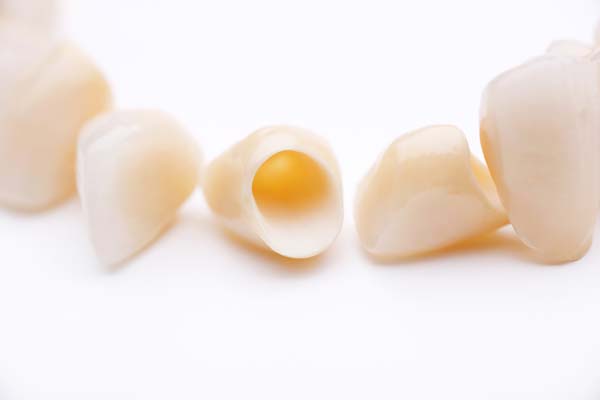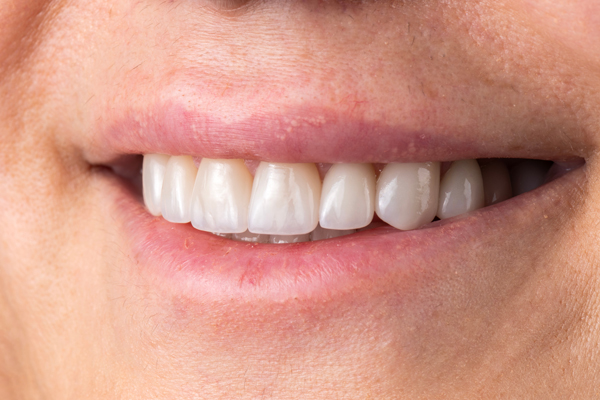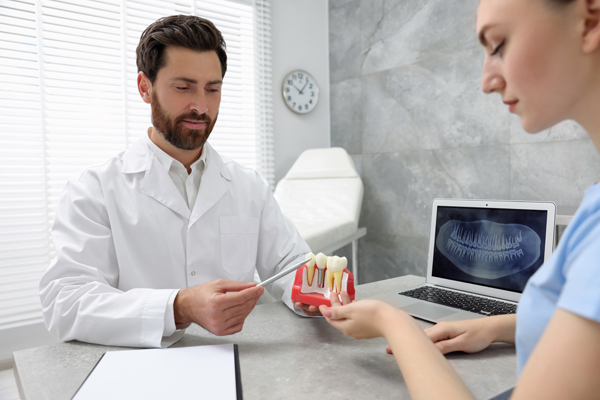3 Tips for Dental Crown Aftercare

Dental crowns are among the most common types of restorative treatments dentists provide. A crown has many uses and benefits. Not only can it restore the aesthetics of your smile, but it relieves pain, protects a damaged tooth, and prevents further problems from occurring to weak teeth. The process of getting a crown can require a few visits, but the results can last for years. There are some important steps you should follow to take care of it.
Reasons to get dental crowns
Crowns are not the right option in every situation, but this treatment makes sense for many conditions. The dentist might recommend a crown when a cavity is too large for a filling to support. Crowns usually cover a tooth after a root canal procedure as well. The dentist can place a crown over a broken, chipped, or cracked tooth. A crown also completes the process of getting dental implants.
Crowns are natural-looking in size, shape, and color. Usually, they are made of ceramic, porcelain, or composite resin. Crowns are durable and have a strong bite force. By having crowns, the patient should be able to chew effectively and have a full smile.
Be wary of certain types of food
People who have severely decayed or damaged teeth will have difficulty eating. Dental crowns restore this ability and let the person eat most foods. However, a person with a crown should cut down on some items. Hard foods such as some kinds of candy, popcorn kernels, ice, and bones can break a crown. Sticky foods such as taffy, caramel, and gum can pull a crown out. It is especially important to avoid these foods in the few days and weeks after getting a crown.
Do not forget about good oral hygiene
Having dental crowns does not preclude a person from having to brush and floss. It is still vital to keep up with these daily habits to maintain strong, effective crowns. Neglecting twice-a-day brushing and everyday flossing can lead to decay and gum disease around the crown, threatening the tooth underneath. This can also cause the crown itself to deteriorate or fall out.
Keep coming to the dentist’s office
Regular dental appointments should not stop or slow down after getting dental crowns. The dentist will want to follow up and see how well the crowns are performing. Checkups every six months allow the dentist to clean the crown and the teeth around it. If the patient detects that the crowns are coming loose or have any damage, a prompt visit is necessary. The patient should also call the dentist if they feel any pain while biting down or chewing.
Get the most out of your treatment
Having dental crowns can treat serious oral health conditions. Crowns also make a smile more attractive if you have damaged teeth. Your crowns can be more effective and last longer when you follow these guidelines and pay close attention to good maintenance. Your dentist can also give you some helpful tips to increase the longevity of your crowns.
Request an appointment here: https://www.yourfamilysmiles.com or call Family Dental Care of Chicago at (773) 250-1194 for an appointment in our Chicago office.
Check out what others are saying about our dental services on Yelp: Dental Crowns and Dental Bridges in Chicago, IL.
Recent Posts
If you have an extensively decayed tooth or the filling applied is too big for your tooth to support it, your dentist will probably recommend putting in a dental crown. This is a prosthesis designed to look like a natural tooth, but it is hollow inside to fit over the damaged tooth. In addition to…
A dental crown is used to restore teeth that are in bad shape. Oftentimes, they are needed for teeth that have become cracked, chipped or broken. Additionally, general dentists recommend them for teeth that have severely decayed due to an infection. While they are one of the most common dental restorations, many wonder how long…
Dental crowns are to thank for restoring teeth that are in bad shape. However, once they are placed, it is up to the patient to ensure that the crown does its job.There are a few things that dentists recommend once a dental crown has been placed. These recommendations can be extremely helpful when trying to…
Dental crowns are used in general dentistry very frequently as they are quite versatile. They can solve a number of problems ranging from a simple chip to a severe break. When considering dental restorations, it is worth looking into dental crowns. Outside of being versatile, they are offered in different materials, which can be helpful…


